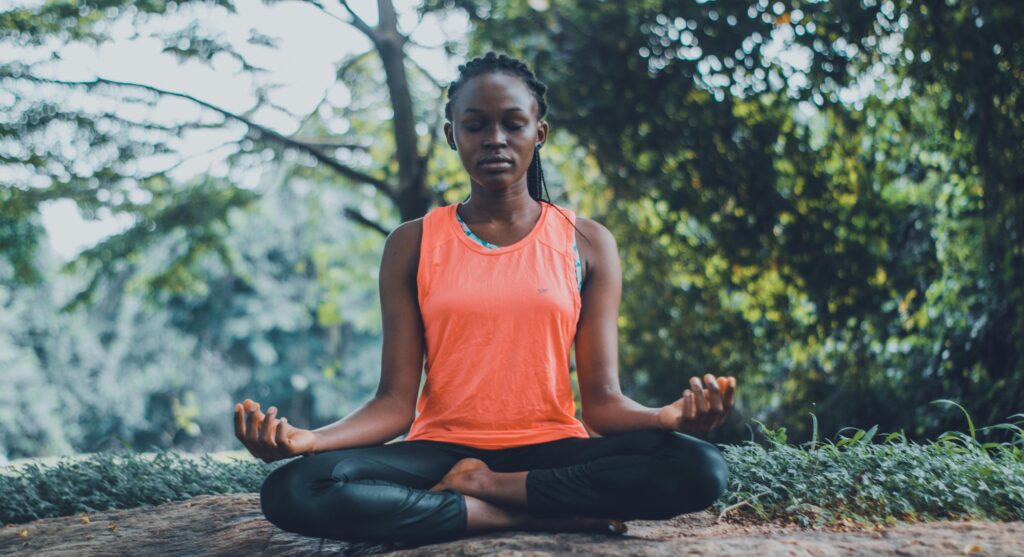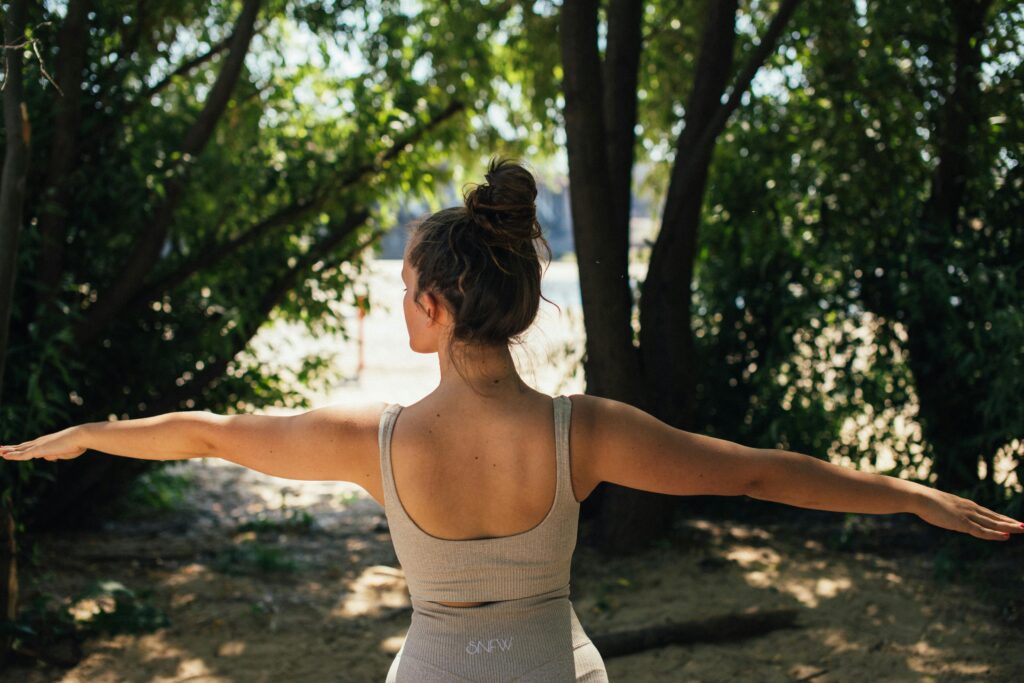
Stress is an inevitable part of life. Whether it’s a deadline at work, an unexpected expense, or juggling responsibilities at home, we all experience stress from time to time. While a little stress can be motivating, too much of it can harm both your mental and physical health. The key is learning how to manage stress effectively so it doesn’t take over your life.
One of the most effective ways to reduce stress is by practicing relaxation techniques. Simple habits like meditation, deep breathing, and hobbies can make a big difference in calming your mind and promoting overall well-being. In this article, we’ll explore how stress affects your body, why relaxation is important, and how you can incorporate stress-relieving practices into your daily life.
Understanding Stress and Its Effects

The “fight or flight” reaction, which is your body’s natural reaction to difficulties or dangers, is stress. When you’re stressed, your body releases hormones like cortisol and adrenaline, which prepare you to handle the situation. While this response is helpful in short bursts, chronic stress can lead to serious health problems, such as:
- Mental health issues: Anxiety, depression, and irritability are common outcomes of prolonged stress.
- Physical health problems: Chronic stress can increase the risk of heart disease, high blood pressure, and weakened immunity.
- Sleep disturbances: Stress often interferes with your ability to fall asleep or stay asleep.
- Fatigue and burnout: Over time, stress can drain your energy and leave you feeling exhausted.
Managing stress effectively is essential for maintaining a healthy mind and body. Relaxation techniques are a powerful way to counteract the effects of stress and bring balance back into your life.
Why Relaxation Techniques Work

Relaxation techniques help shift your body from the “fight or flight” response to the “rest and digest” mode, which is essential for recovery and healing. Here’s how relaxation practices benefit your overall health:
- Lower stress hormones: Relaxation reduces cortisol and adrenaline levels in your body.
- Improve focus: Calming your mind can enhance concentration and decision-making.
- Boost immunity: Lower stress levels lead to a stronger immune system.
- Promote better sleep: Relaxation helps prepare your body and mind for a restful night.
- Enhance emotional well-being: Relaxation techniques can improve your mood and help you manage emotions more effectively.
Practical Relaxation Techniques to Manage Stress

Incorporating relaxation techniques into your daily routine doesn’t have to be complicated or time-consuming. Here are some simple and effective ways to reduce stress:
1. Meditation
Meditation is one of the most powerful tools for managing stress. It entails clearing your mind of any distracting ideas and concentrating your attention. Here’s how to get started:
- Find a quiet space: Choose a comfortable spot where you won’t be disturbed.
- Sit or lie down: Maintain a relaxed but alert posture.
- Concentrate on your breathing: Take note of your inhalations and exhalations. Bring your thoughts back to your breathing if they stray.
- Begin modestly: even five minutes a day can have a significant impact. As you get more at ease, gradually extend the duration.
Meditation apps and guided sessions can also help you get started if you’re new to the practice.
2. Deep Breathing Exercises

Deep breathing is a simple yet powerful way to reduce stress quickly. When you’re stressed, your breathing tends to become shallow. Deep breathing helps calm your nervous system and lower your heart rate. Try this technique:
- Take a deep breath: Take a four-count breath through your nose.
- Hold your breath: Take a moment to count to four.
- Breathe out slowly: For a count of six, exhale through your mouth.
- Repeat: Do this for a few minutes until you feel more relaxed.
Deep breathing can be practiced anywhere—at your desk, in your car, or even while waiting in line.
3. Engage in Hobbies

Hobbies are a great way to take your mind off stress and focus on something you enjoy. Whether it’s painting, gardening, cooking, or playing an instrument, hobbies provide a creative outlet and a sense of accomplishment. Here’s why hobbies are so effective:
- Distraction: They take your focus away from stressors.
- Joy: Doing something you love boosts your mood.
- Social connection: Group hobbies or classes can help you build relationships and feel supported.
Make time for hobbies regularly, even if it’s just 15-20 minutes a day.
4. Exercise

One of the finest strategies to deal with stress is to stay physically active. Endorphins are naturally occurring mood enhancers that are released during exercise. You don’t have to spend hours at the gym; even a brisk walk can help. Here are some stress-relieving exercises:
- Yoga: Combines movement, breath work, and mindfulness.
- Walking or jogging: Clears your mind while improving your fitness.
- Dancing: Fun and uplifting.
- Stretching: Releases tension from your muscles.
Aim to engage in at least 30 minutes of moderate activity on most days of the week.
5. Practice Gratitude

Focusing on the positive aspects of your life can help shift your mindset and reduce stress. Try keeping a gratitude journal where you write down three things you’re grateful for each day. This practice can:
- Improve your mood
- Enhance your perspective
- Reduce feelings of overwhelm
6. Progressive Muscle Relaxation (PMR)

Tensing and relaxing various bodily muscular groups is a component of PMR. This technique helps release physical tension caused by stress. Here’s how to do it:
- Start with your toes: Tense the muscles for a few seconds, then relax them.
- Move up your body: Repeat the process for each muscle group (feet, legs, abdomen, arms, etc.).
- Finish with your face: Pay attention to areas where you tend to hold tension, like your jaw or forehead.
7. Connect with Nature

Spending time outdoors can work wonders for your stress levels. Nature has a calming effect on the mind, whether it’s a walk in the park, a hike in the mountains, or simply sitting by a lake. Try to:
- Take regular breaks outside
- Observe your surroundings mindfully
- Practice grounding techniques, like walking barefoot on grass
Building a Stress-Relief Routine
When it comes to stress management, consistency is essential. Try incorporating a few of these relaxation techniques into your daily routine. Start small and focus on what works best for you. For example:
- Morning: Begin your day with a 5-minute meditation.
- Afternoon: Take a walk or do a quick deep-breathing exercise during your lunch break.
- Evening: Dedicate time to a hobby or practice gratitude before bed.












